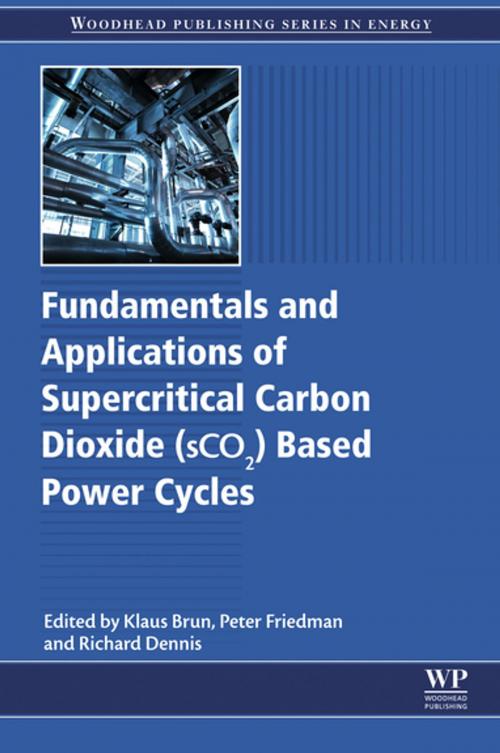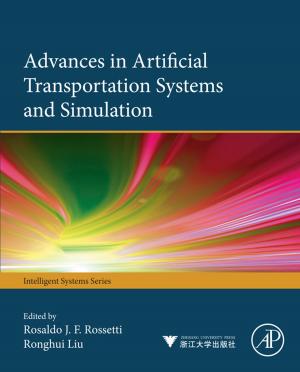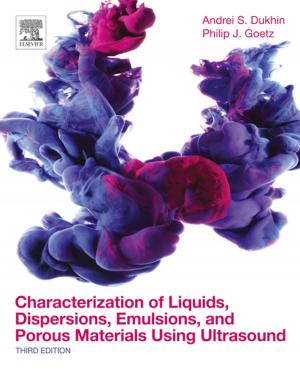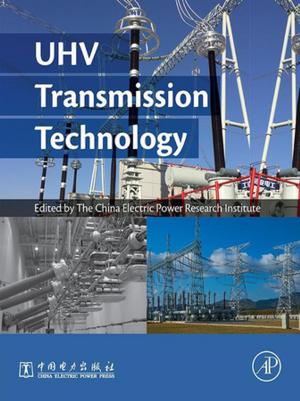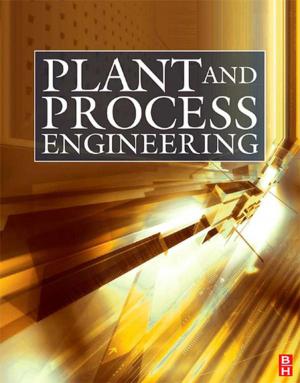Fundamentals and Applications of Supercritical Carbon Dioxide (SCO2) Based Power Cycles
Nonfiction, Science & Nature, Technology, Power Resources| Author: | ISBN: | 9780081008058 | |
| Publisher: | Elsevier Science | Publication: | January 9, 2017 |
| Imprint: | Woodhead Publishing | Language: | English |
| Author: | |
| ISBN: | 9780081008058 |
| Publisher: | Elsevier Science |
| Publication: | January 9, 2017 |
| Imprint: | Woodhead Publishing |
| Language: | English |
Fundamentals and Applications of Supercritical Carbon Dioxide (SCO2) Based Power Cycles aims to provide engineers and researchers with an authoritative overview of research and technology in this area. Part One introduces the technology and reviews the properties of SCO2 relevant to power cycles.
Other sections of the book address components for SCO2 power cycles, such as turbomachinery expanders, compressors, recuperators, and design challenges, such as the need for high-temperature materials. Chapters on key applications, including waste heat, nuclear power, fossil energy, geothermal and concentrated solar power are also included. The final section addresses major international research programs.
Readers will learn about the attractive features of SC02 power cycles, which include a lower capital cost potential than the traditional cycle, and the compounding performance benefits from a more efficient thermodynamic cycle on balance of plant requirements, fuel use, and emissions.
- Represents the first book to focus exclusively on SC02 power cycles
- Contains detailed coverage of cycle fundamentals, key components, and design challenges
- Addresses the wide range of applications of SC02 power cycles, from more efficient electricity generation, to ship propulsion
Fundamentals and Applications of Supercritical Carbon Dioxide (SCO2) Based Power Cycles aims to provide engineers and researchers with an authoritative overview of research and technology in this area. Part One introduces the technology and reviews the properties of SCO2 relevant to power cycles.
Other sections of the book address components for SCO2 power cycles, such as turbomachinery expanders, compressors, recuperators, and design challenges, such as the need for high-temperature materials. Chapters on key applications, including waste heat, nuclear power, fossil energy, geothermal and concentrated solar power are also included. The final section addresses major international research programs.
Readers will learn about the attractive features of SC02 power cycles, which include a lower capital cost potential than the traditional cycle, and the compounding performance benefits from a more efficient thermodynamic cycle on balance of plant requirements, fuel use, and emissions.
- Represents the first book to focus exclusively on SC02 power cycles
- Contains detailed coverage of cycle fundamentals, key components, and design challenges
- Addresses the wide range of applications of SC02 power cycles, from more efficient electricity generation, to ship propulsion
